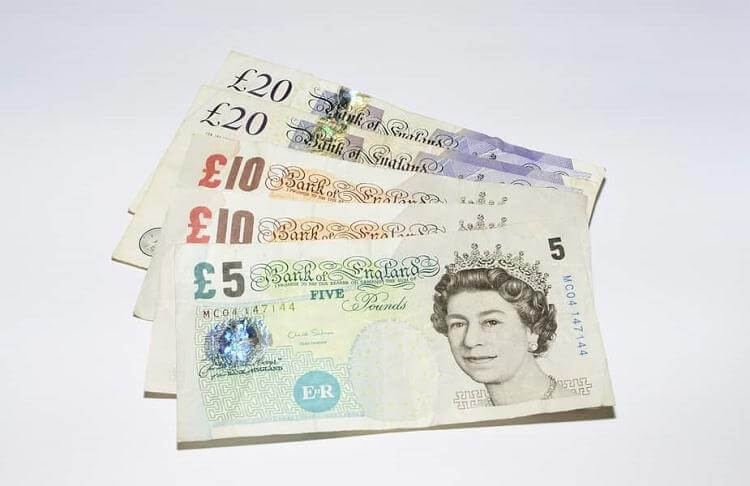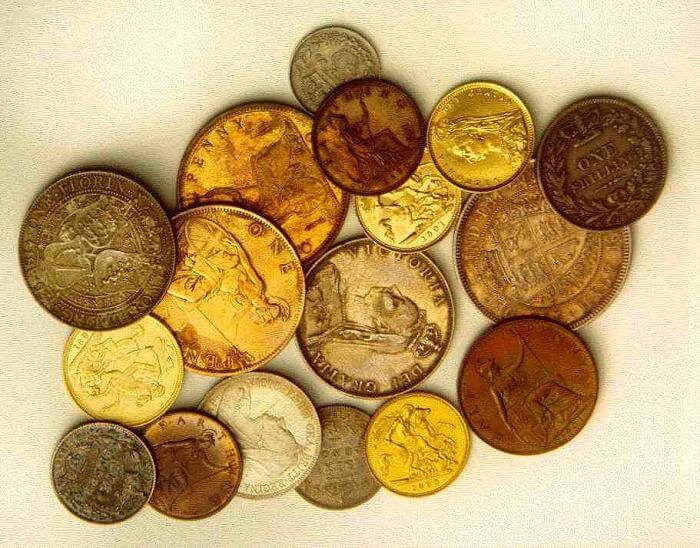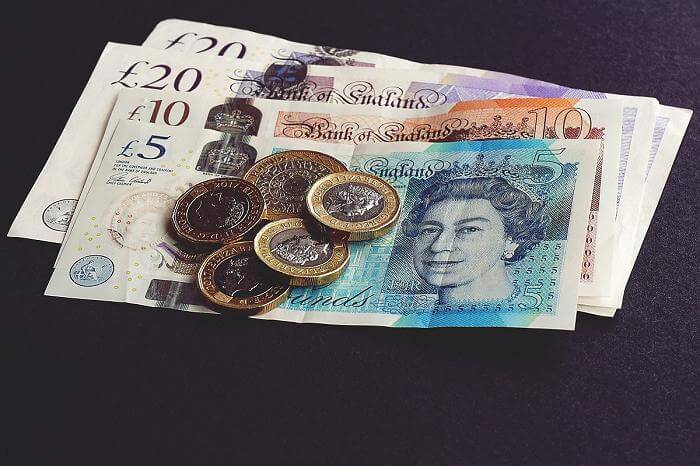What Is a Quid? With History of the British Pound SterlingBritish pound sterling, sometimes known as the British pound (GBP), is the official currency of the United Kingdom (U.K.). It is commonly accepted that the Latin phrase "quid pro quo," which means "something for something" or an equal trade for goods or services, is the source of the 100-pence unit known as a quid. The word's precise etymology as it relates to the British pound is still unknown. 
Key Lessons:
Recognizing the QuidIt is believed that the term "quid," which refers to one pound sterling, first appeared sometime in the late 17th century, though no one is really sure why it came to be used to designate British money. Some academics suggest that the term "scudo"-the name for gold and silver coins of various denominations used in Italy from the 16th to the 19th century-may have been invented by Italian immigrants. Another possibility is that the word derives from Quidhampton, an English village that once housed a Royal Mint paper mill. Quidhampton is located in Wiltshire county. A quid could have been the name for any paper currency produced in this mill. The pound sterling, the oldest currency currently in use in the world, has a long history spanning more than 12 centuries, despite the fact that the word's origin is still a mystery. England, Northern Ireland, Scotland, and Wales form the United Kingdom. The Pound Sterling's HistoryThe pound sterling was first used as money by Anglo-Saxon kings in 775 A.D.; these coins were known as sterlings. The term "pound sterling" refers to a collection of 240 of them or one pound of sterlings. The British pound has a beautiful "L" or £ symbol because, in Latin, Libra means "weight," and Libra Pondo translates to "pound weight." Up until 1971, 240 pence in a pound of sterling served as the benchmark for almost 1,200 years. At that time, decimalization was implemented by the British Parliament to convert 100 pence to one pound sterling. It wasn't until 1489, during the reign of Henry VII, that an actual pound coin known as a sovereign was produced. 
At a certain point in time, the British pound was the official currency of a number of British Empire territories, such as Australia, Canada, and New Zealand, as well as the United Kingdom. The very first shillings were minted in 1504, and the value of one pound was equal to 20 shillings. In 1560, gold coins were introduced between 775 A.D. British coins came in a variety of denominations between 1961 and 1971. Some of these coins were called pennies, farthings, halfpennies, and double- Floris and half-crowns. Threepenny bits, Groats and twopence were some other coins that were used. While some of these denominations became banknotes, the majority of them are no longer in use. History of Coins and BanknotesFollowing the establishment of the Bank of England by King William III in 1694, English banknotes were produced during his reign. At the time, they were written by hand. The most common currency of the period was a 10-pound note. However, the monarchy was later compelled to produce five-pound notes by a protracted era of extreme inflation or rising prices. When Europe switched from the silver standard to the gold standard in 1717, the phrase "pound sterling" was all but forgotten. Even while it still uses the word "sterling," which is frequently linked with silver, the modern pound sterling, whether in coins or bills, contains no silver. The U.K. at the moment has four notes and eight coins in circulation: 
Additional British Financial Slang TermsThere is no plural variant of the word "quid," which is one of the more popular slang terms for the British pound. In addition to "quid," not "quids," other words for the pound include: Smacker-to use the plural, add an "s" For the £5 note, see fiver. For the £10 note, use tenner. Dosh, singular (no plural) Some Frequently Asked QuestionsWhat Does "Quid" Mean? The British sterling pound, the United Kingdom's national currency, is often known as a "quid." Historians trace its use to the use of silver coins by sovereign authorities in 775 A.D. However, their exact origin is unknown. What is a Quid Worth in Dollars? U.S. dollars to one pound sterling. As of 9/16/2022, $1.14 was in dollars. The fluctuation of the currency exchange rate is a result of supply and demand. Consequently, the equivalent of one pound in U.S. Dollar values will also change. What is a Quid Worth in Pounds? One pound sterling, or one quid, is equivalent to £1. What is a Quid vs a Pound? The pound sterling that was issued by the United Kingdom is popularly known by the slang word "quid." Just like "dollar" was issued by the United States as money, "pound" is the name of money issued by the United Kingdom and is used by the people there. ConclusionThe oldest currency that is still in use today is thought to be the pound sterling. Quid, whose roots have been lost to time, is a common nickname for it. Quid is slang for the United Kingdom. Any amount of money is considered to be currency. However, because there is no plural form, "quid" rather than "quids" is used whenever the term is used to refer to a unit of money in the United Kingdom. |
 For Videos Join Our Youtube Channel: Join Now
For Videos Join Our Youtube Channel: Join Now
Feedback
- Send your Feedback to [email protected]
Help Others, Please Share










